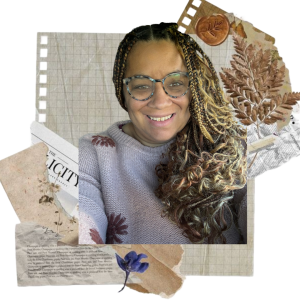When I see the bodies of Gazan children pulled out from an ocean of rubble, I often think of the humpback whale who carried her lifeless calf on her head like an offering, shrouded in the memory of barnacles. Like mother whale, the families of Gaza gather up the ashen and blue bodies of their children and prepare them for a proper burial. Not that there is anything proper about a parent or a grandparent burying their own child. They are ones who are left behind to move slowly in their own migration of longing, a procession line for the aching. I imagine that, sometimes it feels as though their grief is the only part that is still living, looming under the surface with its whale-like body. And what of the Orca calves who are severed from their mothers only to live out their lifespan as incarcerated performers for capitalism at SeaWorld? I remember watching the documentary Blackfish and how marine biologists explained their learnings of Orca’s complex family structure, their dialect of emotions communicated in 40 unique sounds, of which each Orca pod is the inventor. Their longings can reverberate across 4,000 fathoms of deep blue. I remember when the Orca calves were captured, the mothers made a siren sound and encircled the fishing boat. This sound could only be akin to weeping and gnashing of teeth, what the Book of Revelations described Hades to be. But that was supposed to be reserved for sinners, and these mothers had done nothing wrong; they only knew love. The displacement of children is a sorrow that every species of mother innately understands. A migration of terror and disbelief that inhabits their bodies. Which is to say, the first house that any of us take residence in. A mother’s body is a community within communities that shapeshifts to make space for a new being, a possible imprint of joy. So, what do the bones do when the child is stolen? When the child is martyred? When the child bows down in a breathless surrender? I imagine the bones break, just like the family has and continue to with each crippled step.

Katelyn Rivas Bio
Katelyn Rivas (she/they) is a poet, essayist, researcher, teaching artist, cultural organizer, and mother who examines themes of Black girlhood, transracial adoption, motherhood, abolition, and care for Black bodies through their creative work. In their cultural organizing and arts administrative work, Katelyn has worked in arts-based civic engagement, arts for community
transformation, and creative youth programming for over 10 years. She completed an MA from Eastern University in Urban Studies and Community Arts and has a BA in English and Writing, and Art and Design from Northern Michigan University. In 2019, she published the chapbook “Radical Self-Care for Black Women” and founded the Detroit chapter of The Free Black
Women’s Library. Their work has been featured in Michigan Quarterly, Khöra, Tayo Literary Magazine, and others. Katelyn is currently at work on a memoir that is about their experience as a transracial adoptee, composing their own definition of Blackness where she weaves personal and political narratives through braided essays that combine prose, verse, and Black Feminist
reproductive rights issues. When not writing, she can be found adventuring with her daughter, laughing with friends, and dreaming up a prairie garden.


